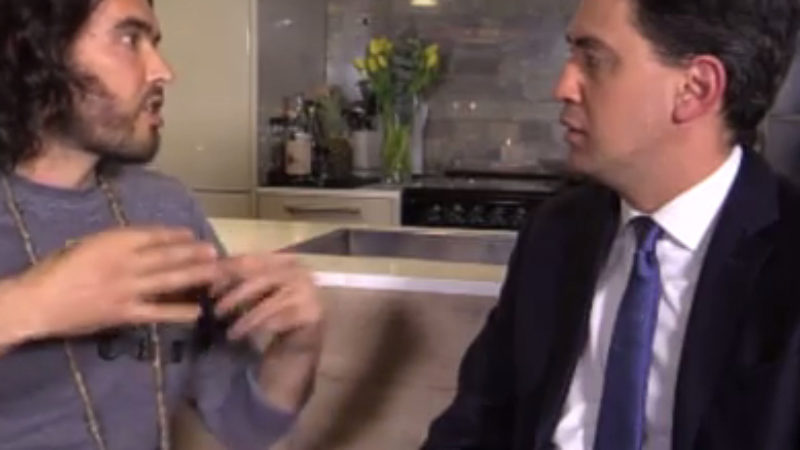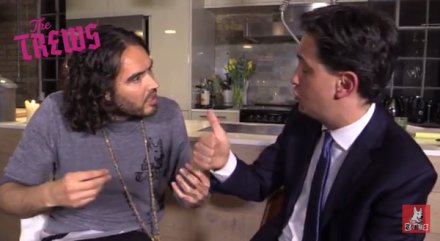
Strategic communications in Labour’s election campaign was almost non-existent to the naked eye and is one of the prime reasons the party suffered such a bruising defeat just over a month ago.
Perhaps we overlooked traditional media and relied on new media too much and now we all know that this was the first social media election that never really was. The Labour Party desperately tried to use new media to reach out to different parts of the electorate including Ed Miliband’s interview with Russell Brand which had a mixed reaction. However, the fundamental flaw in that interview was Brand “endorsed” the Labour Party after years of telling people not to register to vote and, of course, the deadline to register had already passed by then.
Broadcast and national newspapers remain people’s main source of news and Labour fundamentally failed when it came to the press. There was a combination of factors which lead to Labour’s defeat including not showing enough competence to be trusted with the economy, not defending its record in government and not countering the SNP deal/coalition propaganda that was dished out by the Tories.
However, the Tories were extremely successful in channelling their messages through mass media and in the end they reached the voters they needed to win the election. To put in plainly, you don’t win elections with only support from the Mirror.
Understandably not everyone gets up at 6 am to listen to the Today programme nor does everyone read the FT, but a lot of the people Labour needs to win over, now called the “aspirational” vote do consume their news through these sources. Labour needs to be a party that is on top of communications again and not let the Tories dictate the news agenda as they have done for the past two elections.
The Labour Party has some strong media performers like Caroline Flint that often go on the Today programme, BBC Daily Politics, Question Time etc., but it simply isn’t enough. The Party has an image problem and that’s why it needs to put its brightest and youngest MPs at the forefront of its messages channelling them through various mediums.
Sometimes we forget how powerful and influential the media can be and we don’t maximise its potential in the Labour Party. Again, the Tories got an easy ride in the media and Labour let it happen. Credit must be given to the politicians who went out into the spin rooms etc to defend the party, but much of this was reactive when Labour’s message needed to be proactive.
This isn’t about “getting the media on side” or going back to New Labour, but we must learn important lessons from that period. The 1997 Labour government got it right when it came to communications and unless lessons are drawn from that period regarding strategic communications the task of winning in 2020 will be even harder than it is now.
In order to win an election, Labour politicians must be willing to set the agenda and deliver their messages coherently through the news media. The Party needs to rethink its media strategy and work collectively with MPs giving them the confidence to go onto the Marr show etc and demonstrate to the public that Labour has the competence to govern again.





More from LabourList
‘Council Tax shouldn’t punish those who have the least or those we owe the most’
Two-thirds of Labour members say government has made too many policy U-turns, poll reveals
‘Two states, one future: five steps on the path to peace for Israelis and Palestinians’